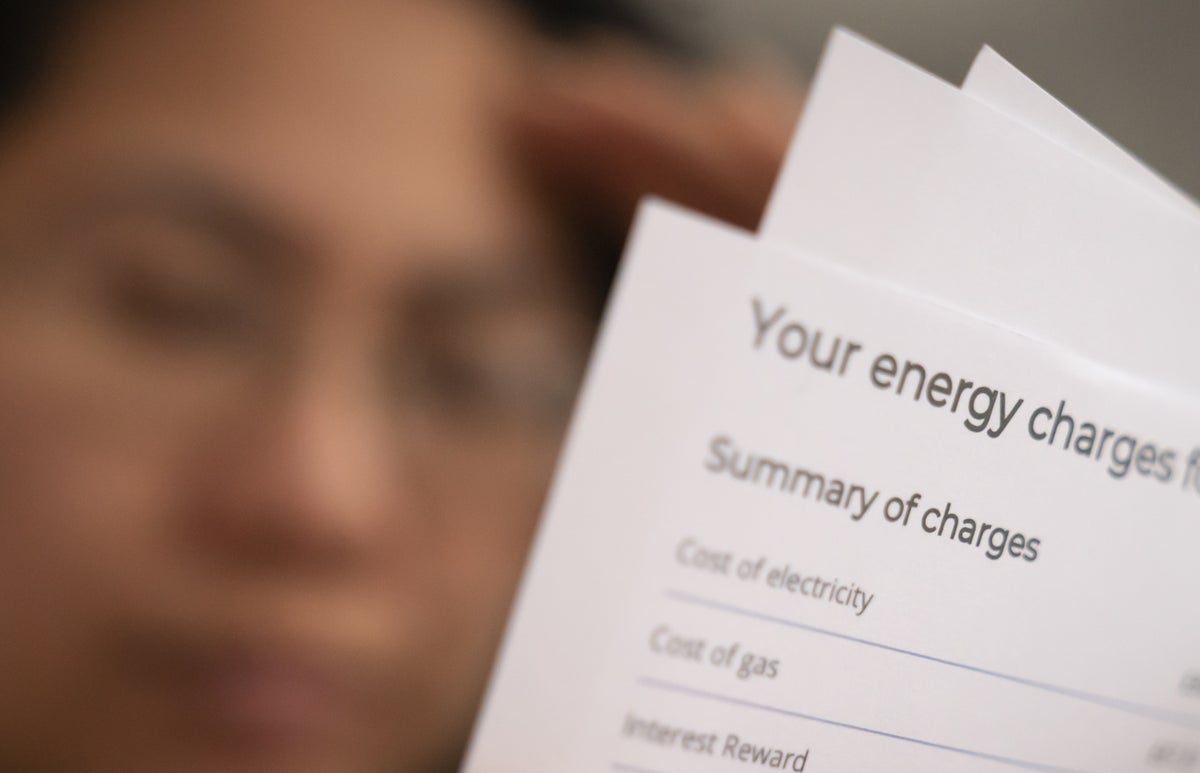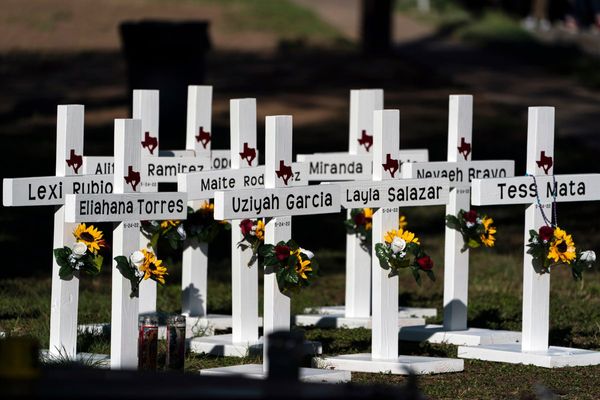
A campaign group has called for mass direct action in a bid to force energy companies to bear more of the brunt of record-high gas and electricity costs this winter.
Don’t Pay UK has urged people to cancel their direct debit payments from 1 October to coincide with energy regulator Ofgem lifting the energy price cap once again.
Ofgem confirmed on 26 August that the typical customer on a standard tariff would be charged £3,549 per year from that date, an 80 per cent increase from the the £1,971 announced in April.
That would have meant households across the country being another £1,578 worse off at a time when many could ill afford it, with inflation also rocketing to 10.1 per cent and driving up the price of essential goods while wages stagnate, leaving millions in dire straits and facing a slide into fuel poverty, with some quite literally forced to choose between heating and eating as the long nights draw in.
Since then, new prime minister Liz Truss has moved to overrule that decision by capping maximum energy bills at £2,500 for the next two years as part of a strategy expected to cost more than £100bn, an announcement that saw her attacked by Liberal Democrat leader Sir Ed Davey for settling on a cap still £500 north of the current rate and by Labour’s Sir Keir Starmer for her refusal to tackle energy companies’ sk-rocketing excess profits while the public pick up the bill.
So will that be enough to satisfy Don’t Say Pay and avoid a drastic bill strike that even the organisers themselves admit carries some risk to consumers taking part?
Who are they?
The founders of Don’t Pay UK describe the collective is an unfunded “genuine grassroots movement” of unpaid volunteers that was started by a group of friends.
Its members are hoping that millions of people will withhold their payments to force energy firms to lower their energy charges.
What do they want?
The group hopes to mobilise a “strong and powerful movement” that would see people in Britain effectively going on “strike” to demand action on the energy crisis.
How many people are backing it?
More than 100,000 people have so far pledged to cancel their direct debits on the day of the proposed direct action, according to the campaign.
Don’t Pay UK is hoping that “millions” of people ultimately withhold their payments to the energy firms, as the action will “only go ahead with the non-payment strike” if it has “power in numbers”.
But it adds that, if the action does go ahead, customers on pre-payment meters should not participate because their supply of energy will end as soon as their credit runs out.
What are the dangers of not paying the bills?
A number of debt advice charities have warned against the non-payment of energy bills.
Citizens Advice said there were some safeguards for customers but they remain vulnerable to falling into debt if they withhold payments.
Stepchange has also warned of potentially serious consequences for those who refuse to pay their bills, such as suppliers enlisting debt collection agencies to retrieve what they consider to be their dues.
However, as gas and electricity bills are classed as priority bills, there is a higher threshold for missed or late payments before companies can take action against customers.
Richard Lane, Stepchange director of external affairs, said: “Your supplier can also remove the meter and cut off your supply, but fortunately this is incredibly rare.”
Don’t Pay UK says that “it’ll be extremely difficult for energy suppliers” to cut off energy supply “on a mass scale” but admitted that “it is possible”.
It added that energy firms have to offer other options after 28 days of non-payment – such as the possible installation of a pre-payment meter and the repayment of any debt through a payment plan – before it applies for a warrant in court to impose a cut-off.
A company can cut off supply for those with smart energy meters but they will first need to visit the homes to assess the residents’ personal circumstances and the potential impact of disconnection.







